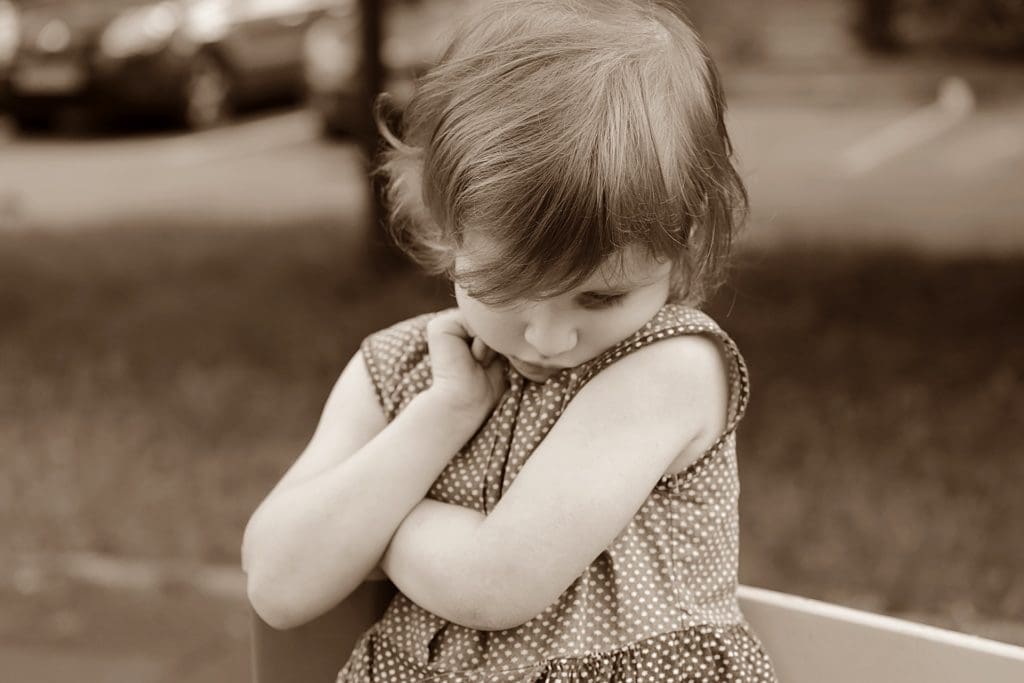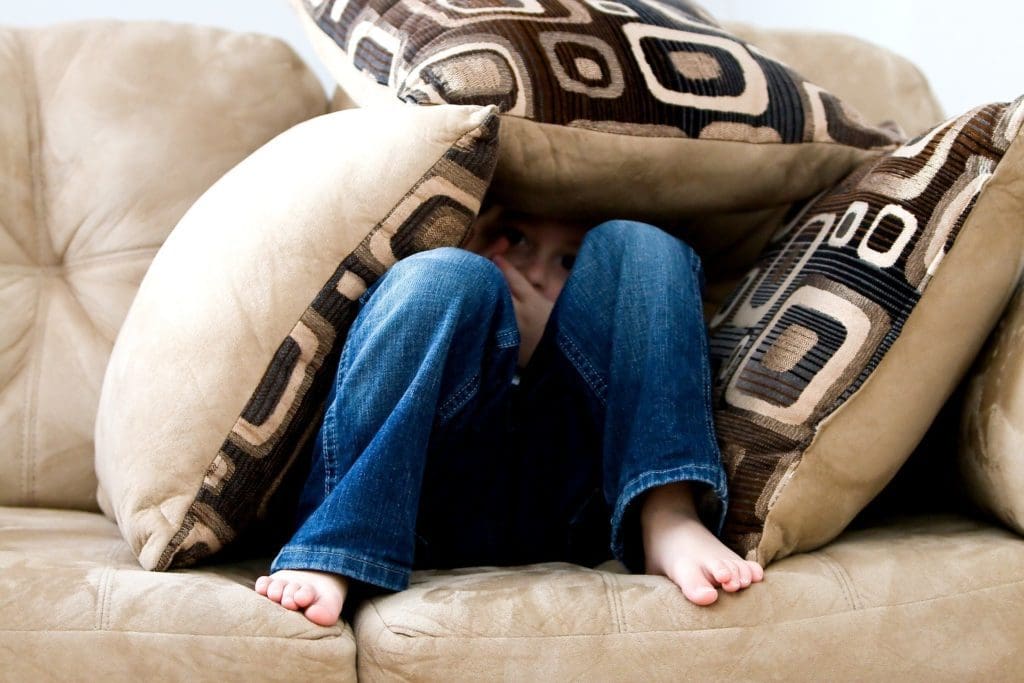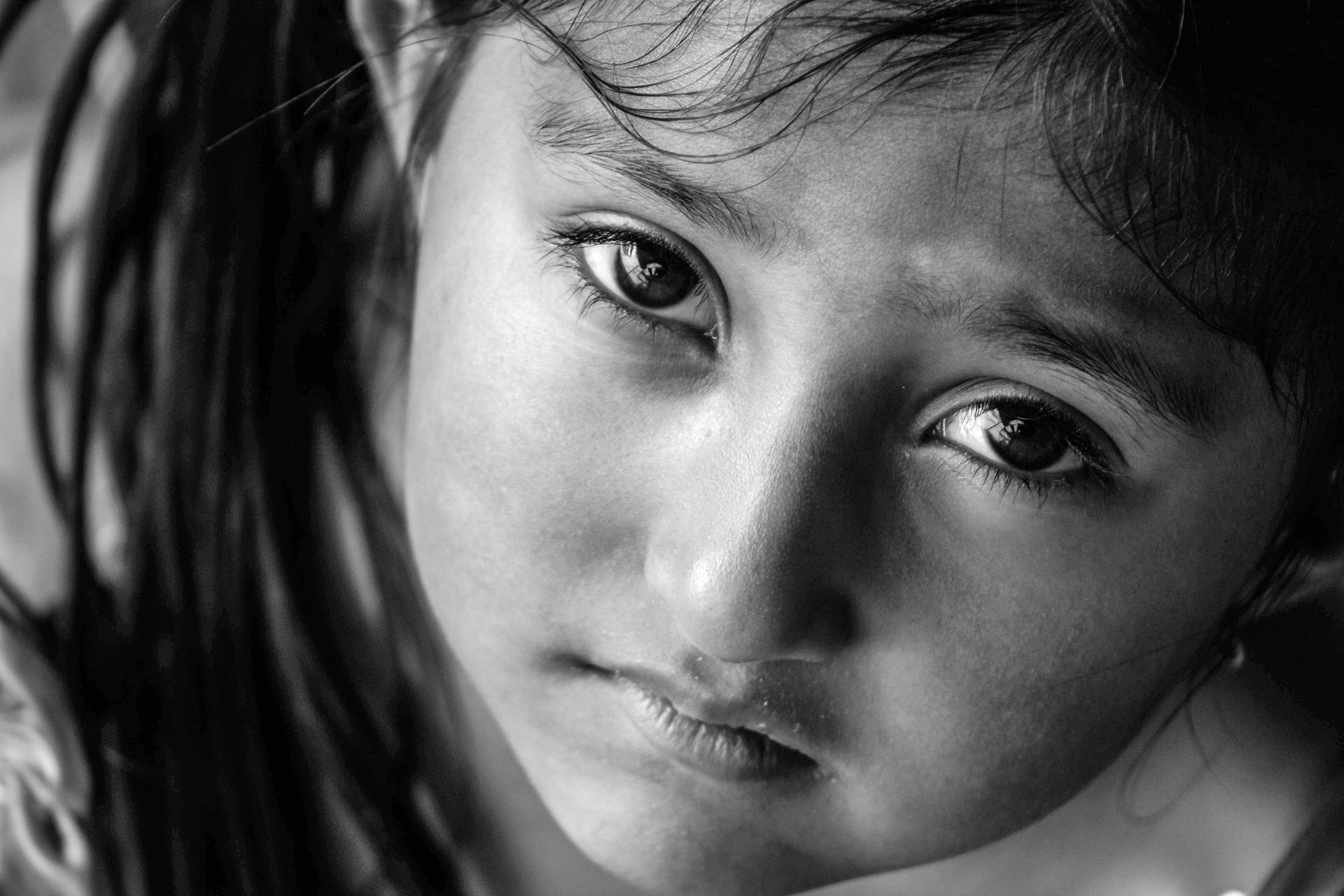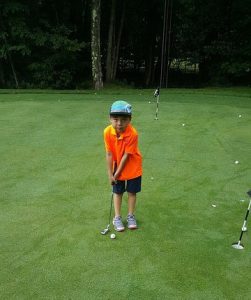Most of us probably know somebody who experiences anxiety. It’s no secret that anxiety can interfere with daily life, and it’s often exhausting. But for autistic children anxiety can be more frequent and very intense. Often, seemingly simple daily, routine tasks like leaving the house, interacting socially, being in the car, or getting on a bus can be a very difficult, anxiety-inducing situation for an autistic child. To best help children with anxiety, it’s important for parents, teachers, and other key adults to get a better understanding of anxiety and how it affects children with autism.
The Links Between Autism and Anxiety

Around 18% of the entire population suffers from some kind of anxiety disorder. And although there have been varying results, studies estimate that between 11-84% of people with autism also suffer from anxiety. Nobody’s sure why there’s such a high variance of results, but there is some knowledge around why anxiety may occur in people with autism at a higher rate compared to those without.
Overlapping symptoms: The characteristics of both anxiety and autism can often overlap. Children with autism and children with anxiety may display a range of behaviors, including being heavily dependent on schedules, self-injuring, emotional outbursts, becoming overstimulated, or becoming withdrawn. These are common symptoms of both autism and anxiety and when a child has both, they can be even more intense.
Fear of others’ perceptions: Some people with autism struggle socially. They may struggle with things like conversation, reading non-verbal cues or facial expressions, or maintaining eye contact. Sometimes, people with autism develop anxiety because they are afraid others are criticizing them for their social struggles or actions. This leads to a feeling of needing to self-monitor all the time, which can lead to more anxiety in social situations due to overthinking.
If your child is autistic and showing signs of anxiety, you may want to consider certain autism supplements or autism vitamins, which can help their mood. A social story like those on Autism Parenting Magazine can also be very useful to prepare them for various social situations. Check out the magazine for more information; it’s filled with resources to help parents of children with autism.
Types of Anxiety
There are various types of anxiety to be aware of. Any type of anxiety can occur in somebody with autism; however, studies have shown that the most likely are social anxiety, obsessive-compulsive disorder (OCD), and specific phobia.
Specific phobia: This type of anxiety is when a person has a fear of a certain place, situation, or object. For example, somebody may be afraid of dogs or spiders. It is a common type of anxiety in people with autism. These individuals will often avoid any situation where there’s a chance they could encounter their fear, which can lead to a restricted lifestyle.
OCD: Obsessive, repetitive behaviors characterize this type of anxiety disorder. People suffering from OCD often feel that if they do not perform a certain activity, a certain number of times or repeatedly, something negative will happen. OCD can interfere with daily life in various ways and often leads to compulsive actions and obsessive thoughts that can hinder everyday activities.
Social anxiety: This type of anxiety is seen frequently in autistic children. Since many people with autism struggle with social interactions, it can cause them to become anxious about meeting new people or being in social situations overall. Social anxiety can present itself in a number of ways. Some people may get shaky or clammy when in social situations, while others might avoid social situations altogether.

How to Best Help Your Child
- Find Triggers: Identifying what is causing your child’s anxiety will help you find the best ways to help them. When the anxiety trigger is known, it’s easier to help your child deal with it. Possibly even overcome their fear. For example, you can gently encourage your child to get involved in anxiety-inducing situations gradually. Reward them when they are brave enough to do so.
- Visual Schedules: Many children who have autism and anxiety will struggle with transitioning between various activities throughout the day. If your child tends to be at their most anxious when coming home from school, for example, this is likely the case. A visual schedule may be beneficial for them – include a picture of the activity and the time that it will occur, to help your child know what to expect and reduce their anxiety level.
- Relaxation Techniques: Meditation is a great way to deal with anxiety and has been shown to help many children reduce anxious feelings around a variety of situations. Bear in mind that it may not always be the best technique for every child with anxiety. Other exercises, like deep breathing and grounding, can also help.
Autism and anxiety often go hand in hand. If you’re not sure how best to help your child, it can be distressing for you as a parent. Understanding why your child is anxious, and the type of anxiety they suffer can help you put together the best plan for supporting them. Research the best supplements to help your child cope.




